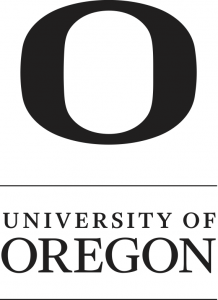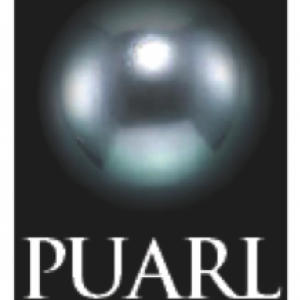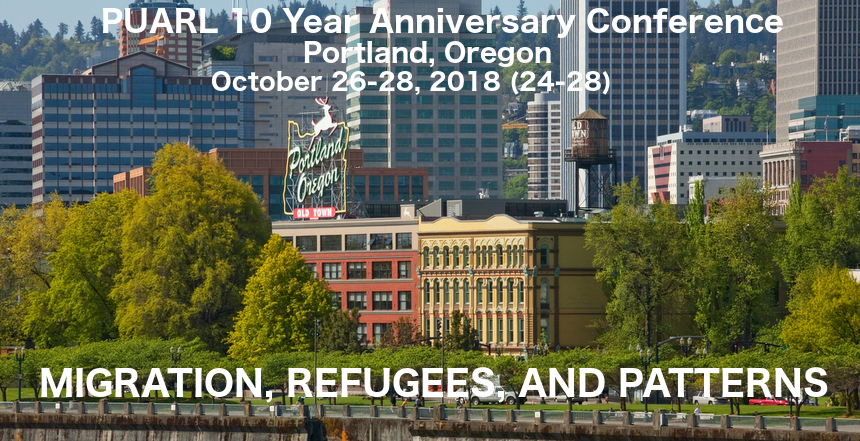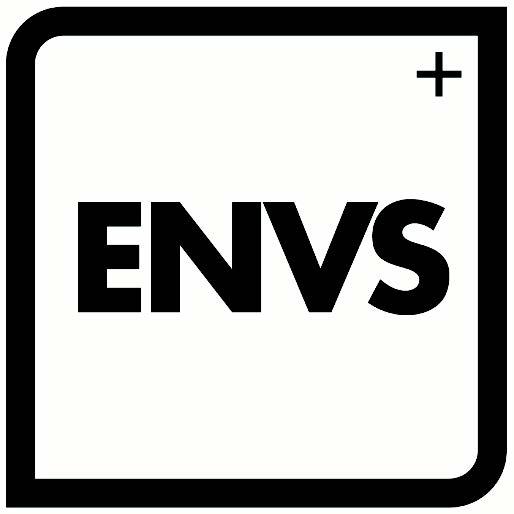Portland Urban Architecture Research Lab
10 YEAR ANNIVERSARY CONFERENCE
THE FUTURE OF PATTERN LANGUAGE
MIGRATION, REFUGEES, AND PATTERNS
 Portland, Oregon, USA
Portland, Oregon, USA
Friday October 26 – Sunday, October 28, 2018
http://puarl.uoregon.edu/
https://refugee.uoregon.edu/
After the successful completion of the PUARL Regenerative City 2016 International Conference in San Francisco and the latest associated PURPLSOC World Conference in Austria, Europe in the Fall of 2017 we are in the process of preparing The Ten Year Anniversary PUARL Conference for Fall 2018 in Portland, Oregon. We are happy to announce that our PUARL symposia and conferences are in their tenth year of existence, and therefore, we intend to conduct a very special conference, two major themes and celebration of PUARL 10 year anniversary.
we are in the process of preparing The Ten Year Anniversary PUARL Conference for Fall 2018 in Portland, Oregon. We are happy to announce that our PUARL symposia and conferences are in their tenth year of existence, and therefore, we intend to conduct a very special conference, two major themes and celebration of PUARL 10 year anniversary.
The first main theme addresses THE FUTURE OF PATTERN LANGUAGE. Originally a sub-theme, this topic has now taken shape as a full day first part. A large number of interested engaged colleagues consider this topic an urgent timely matter to be discussed in this conference.
Furthermore, in this conference, we will address and explore an extremely important and highly critical topic of our times, that is, the ever-increasing migration and refugee crises in the world, caused by war, terrorism, ethnic cleansing, political nationalism, ever increasing population, resource distribution in the world, and climate change. Therefore the main title of this year’s conference appropriately reads: MIGRATION, REFUGEES, AND PATTERNS.
The PUARL Conferences provide a forum for researchers and practitioners from a variety of fields, as well as for a broader public, to come together to present and discuss areas of research and application in:
– Architecture, Urbanism, and Regional Development
– Design, Media, Arts, and Information Technology
– Pedagogy, Education, and Learning
– Social Activism, Social Innovation, and Grassroots Movements
– Everyday Applications and Specific Interest
These varied disciplines and their cooperation and more and more collaboration are held together by the belief in the improvement of society and the environment through research in and application of the methodology of patterns and pattern language as a way of improving buildings, the urban structure and the environment, as well as creating positive societal change and, in general, opening up new ways of thinking and humanizing the world.
We therefore intend to give more time to one additional day to the exploration and advancement of pattern language development between the different disciplines, with the intention to find more common ground and development for the future. One special event of this kind is the partly parallel conference of the Pattern Language of Programs (PLoP), with overlapping keynotes and sessions at the University of Oregon in Portland.
Future of Pattern Language
For this particular day we are asking the questions: What is the future of pattern language in its various fields and what is its future altogether? For architecture, we can ask what is the future of the overall or expanded pattern language approach that includes many more principles and modes of operation than the traditional pattern language. As an overarching question for many of the disciplines that participate in these conferences, we can paraphrase Wolfgang Stark’s question: “Now we all know that we are working with a form of a pattern language method, but what are we working on all together that makes our work interdisciplinary and possibly a network of patterns of different disciplines?” Here we intend to explore the possibility of working on larger issues with the pattern language method and other directions. The day will close with the celebration keynote by well-known architectural phenomenologist Professor David Seamon with the title: “Ways of Understanding Wholeness: Christopher Alexander’s work as synergistic relationality.”
10/26 Friday: Future of Pattern Language
9:00 – 9:30 AM Opening and Welcome
9:30 – 11:00 AM Plenary Session
11:00 – 12:00 PM Session/ Session/ Session
12:00 – 1:00 PM Break
1:00 – 2:30 PM Plenary Session
2:30 – 3:30 PM Session/ Session/ Session
3:30 – 4:30 PM Session/ Session/ Session
4:30 – 6:00 PM Celebration Keynote: David Seamon
6:00 – 8:00 PM Welcome Reception
Migration, Refugees, and Patterns
PUARL has embarked on an initiative to research and address the growing problems of global forced displacement, migration, and refugees, as well as integration in host countries and communities. We invite academics, practitioners, activists, and people who have experienced displacement to join us in addressing the critical issues of global forced migration. This conference will emphasize the spatial aspects of displacement at multiple scales, from neighborhood to international, and the ways in which forced migration is experienced differently spatially for different demographics and in different political regimes. We pay special attention to the situations in North and South America and Europe, although proposals related to all regions are welcomed. Sub-themes of particular interest include: homelessness and refugees, climate change migration, and Indigenous peoples and displacement, particularly in the North American context.
10/27 Saturday: Migration, Refugees, and Patterns
9:00 – 9:30 AM Opening Session
9:30 – 11:00 AM Plenary Session
11:00 – 12:00 PM Session/ Session/ Session
12:00 – 1:00 PM Break
1:00 – 2:30 PM Plenary Session
2:30 – 3:30 PM Session/ Session/ Session
3:30 – 4:30 PM Session/ Session/ Session
4:30 – 6:00 PM Plenary Session
6:00 – 8:00 PM Dinner
10/28 Sunday: Migration, Refugees, and Patterns
9:00 – 10:30 AM Plenary Session
10:30 – 11:30 AM Session/ Session/ Session
11:30 – 12:30 PM Break
12:30 – 2:00 PM Plenary Session, Panel Discussion
2:00 – 2:30 PM Closing
Sub-Themes – Call for Contributions
Within these broad themes, we have identified several sub-themes of importance. In the Future of Pattern Language sessions on October 26th, we will emphasize the following:
- The Birth of a Living World – Small and Large
- Interdisciplinary Pattern Projects
- New Pattern Methods and Techniques
- Societal Improvement and Change
- New Education Initiatives
- Large Scale Production Wholeness, Beauty, Life
- A Network of Pattern Organizations
- Initiative for the C. Alexander CES Archive
- Pattern Language as a Part of Social Sciences
During the Migration, Refugees, and Patterns sessions on October 27th and 28th, we will explore the following:
- Arrival Cities for Migrants and Refugees
- Refugee Integration, Case Studies, and Projects
- Pattern Languages for Migrants and Refugees
- Refugees in the region: Pacific Northwest, Oregon, Portland
- World-wide Migration and Refugees
- Refugee families at home and in host countries
- Welcome cities – Urban Life and Infrastructure
- Refugee and migrant escape journeys
- Homelessness and Refugees
- Climate Change and Refugees
- Indigenous Peoples and Displacement
- Internally Displaced Peoples
- Gendered spaces of refugees and migrants
- Architecture, Urban Design, and Displacement
Call for Proposals and Submissions
Proposals that address major conference themes are welcome. Proposals should be around 300 words. Please note in your submission which theme(s) your proposal addresses and which type of presentation you wish to contribute (poster, panel, individual presentation, workshop, etc.).
Submissions and contributions to the conference may consist of the following, or you may suggest another format for your contribution in your proposal:
- Research Papers
- Talks and Presentations
- Posters
- Workshop Proposals
- Exhibition Fair
Please send abstracts and proposals to puarl@uoregon.edu. The program committees will begin reviewing proposals on June 30, 2018. Additional submissions will be reviewed on a space available basis until July 31, 2018. We encourage early submissions!
Proposals will be peer-reviewed by the Program and Academic International Committee and acceptance will be announced beginning on July 31, September 1, 2018. Once accepted, full papers can be submitted to PUARL by October 15, 2018 for inclusion in a conference record in 2018, and possible inclusion into the anniversary conference book.
Full conference early bird registration fee is $400 (until September 30), not including the 10 Year Anniversary Publication or the Saturday dinner. Presenters will be expected to pay the full conference fee and to fund their travel expenses.
Important Dates
Proposals Due: June 30, July 31, 2018. The call for proposals is extended!
Acceptance Announcements: Beginning July 31, September 1, 2018
Registration Opens: late July, September 1, 2018. The registration is open!
Full Papers Due: October 15, 2018
PLoP Conference October 24-26
PUARL Conference October 26-28, 2018
October 26: Joint keynote with PUARL and PLoP
Organizers
Hajo Neis, PUARL, Portland Urban Architecture Research Laboratory, University of Oregon
Peter Baumgartner, PURPLSOC, Danube University Krems, Austria
Kyle Brown, PLoP
CES – Center for Environmental Structure
PatternLanguage.com
Building Living Neiborhoods





